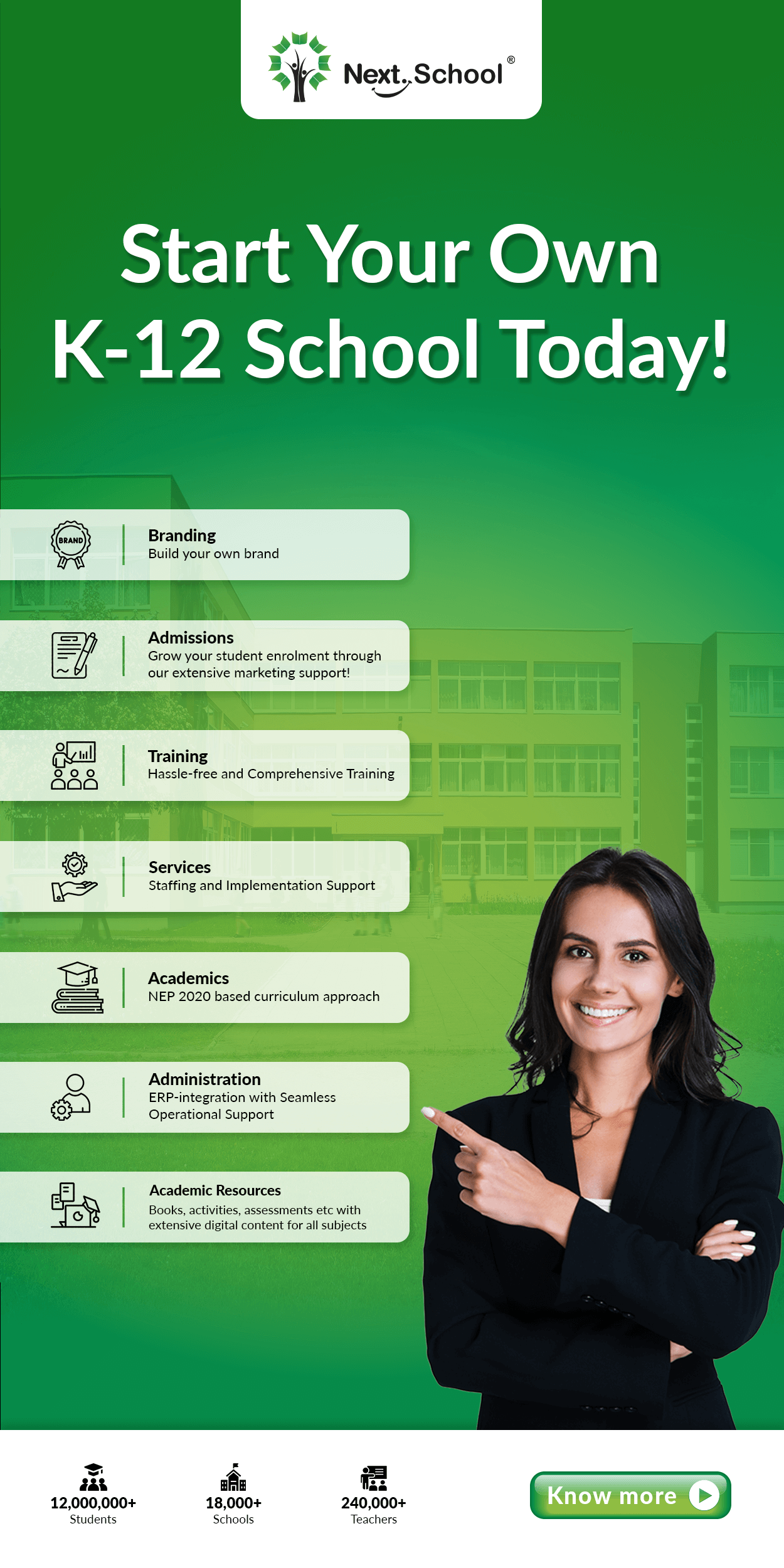Preschool Curriculum to Incite Childhood Curiosity

Around 80% of the brain architecture is developed by the age of 6. Children are the most curious and active between the ages of 2.5 and 6. In fact, as early as age 1, they show embedded qualities which have the potential to grow into values, if they are provided with assistance. For instance, a kid described as stubborn at a young age could grow to be perseverant.
Effective pre-primary education is needed to instil a love for lifelong learning, and reduce dropout rates in formal education. Research on innovative pedagogies has been instrumental in bringing forth positive changes in preschool education.
Let’s look at some of the early childhood education trends:
Emergent curriculum: It is a curriculum based on children’s interests that ensures learning takes place naturally. Learning through music, art, language, etc., is more effective as students learn best when they play an active role in their learning process, instead of being just passive recipients of information. Hands-on learning is also helpful in this regard.
Professionalisation: Quality teacher education is one of the prerequisites of ensuring effective preschool education. If teachers have to lead students to excellence, they ought to sharpen their skills to turn classrooms into places of delight and inquiry.
Following NCF suggestions, and taking into account these pedagogies among other researchers, we have designed the preschool curriculum, NextPlay. The age-appropriate curriculum focusses on five key domains of learning – linguistic, physical, emotional, cognitive, social and linguistic.
Parents’ support is imperative for a child’s all-round development. Thus, it is important to take them onboard in our venture to provide tots with the best learning experience.
Teacher-Parent Collaboration
Parents have numerous doubts and apprehensions about their child’s schooling and learning process as many of them didn’t receive great assistance at school themselves. Teachers need to take parents in confidence. Parental support, coupled with teachers’ expertise, can help students meet their learning outcomes. Moreover, the involvement of both parents is important for setting healthy gender expectations.
It is important to strengthen the relationship with parents whose children are already registered in your school, and equally important to win the trust of those who might want to register their wards at your school.
Engage a Prospective Parent
It is important that your school website is updated with latest learning philosophies and real photos from your school. Parents ought to realise that your school is a child-friendly one that focuses on learning outcomes. It is imperative to create a good, vibrant culture in your school.
For the reference to the topics covered you can download the PDF here.
https://blog.nextgurukul.in/media/pdf/Computer_Science_Curriculum_for_the_21st_Century_Learner.pdf
https://blog.nextgurukul.in/media/pdf/Experiential_Learning_and_Engaging_Techniques_Aug_2017.pdf
https://blog.nextgurukul.in/media/pdf/Parent_Engagement_KV.pdf
https://blog.nextgurukul.in/media/pdf/Trends_in_Early_Childhood_Education_Revised.pdf

